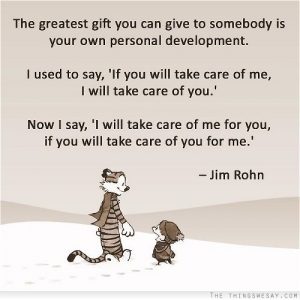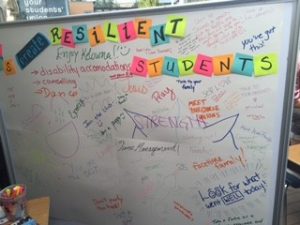There is a brochure available at Health and Wellness titled “Are You Ready for Sex?”. Even as an adult, I snickered a little when I read these words; I was amused because in my entire 30 years of life, I have never been asked this question point blank. Sure, I have had conversations around this topic—but a clear, direct, no-frills version of this question was often concealed in awkward incomplete sentences, interrupted by various “um”s and “ah”s, or implied through one or two words: “should we?”, “want to?” and the likes.
The question I am more familiar with—the one that was more frequently rehearsed in my head was “Am I ready for Sex?”
I think asking if we are ready for sex is a question we ought to ask ourselves—and the sooner and more frequently we ask ourselves the better. Having an honest answer that we feel confident about ensures that we are prepared to have the conversation with someone else—perhaps even initiate the conversation—when it matters. Whether the answer is yes or no, having an answer provides the opportunity for us to set boundaries and manage expectations during these encounters. It helps us keep our mind and body safe.
So how do you determine the answer to this important (and kind of daunting) question?
Each of you will have your own values, beliefs, experiences and relationships to evaluate. And so, of course, there is no easy or clear path to the right answer. But, here are my thoughts on what you may want to consider when making the decision.
Assess feelings: Are you feeling conflicted, guilty, pressured, or unsure? Or are you feeling comfortable, safe, prepared, and clear-headed? Are you feeling concerned or content in the relationship?
Assess expectations: Assess both your own and your partner’s expectations and see how closely the expectations match. Do you expect the relationship to change after sex? Does your partner? What kind of relationship do both of you expect to have, if you have sex and if you don’t have sex?
Assess safety and preparation: Are you prepared to move forward with a sexual relationship that is safe for both partners? This might mean STI testing, exploring birth control options, and talking about each other’s sexual history.
My hope is that these considerations motivate you to engage in some self-reflection; to educate yourself about sexual health; and to have open conversations with a potential sexual partner. This way, when and if you are ready for sex—whenever that may be—you have an experience where you are true to yourself, safe, and can actively consented to.
 A month before the last term of my Counselling graduate program, I stumbled upon this cartoon while scrolling aimlessly down my Facebook newsfeed. I hadn’t known it at the time, but several months later as I wrote a final reflection paper for my program supervisor, this sentiment expressed by Jim Rohn epitomized one of the most valuable messages I learned in my three years of training to be a professional helper.
A month before the last term of my Counselling graduate program, I stumbled upon this cartoon while scrolling aimlessly down my Facebook newsfeed. I hadn’t known it at the time, but several months later as I wrote a final reflection paper for my program supervisor, this sentiment expressed by Jim Rohn epitomized one of the most valuable messages I learned in my three years of training to be a professional helper.